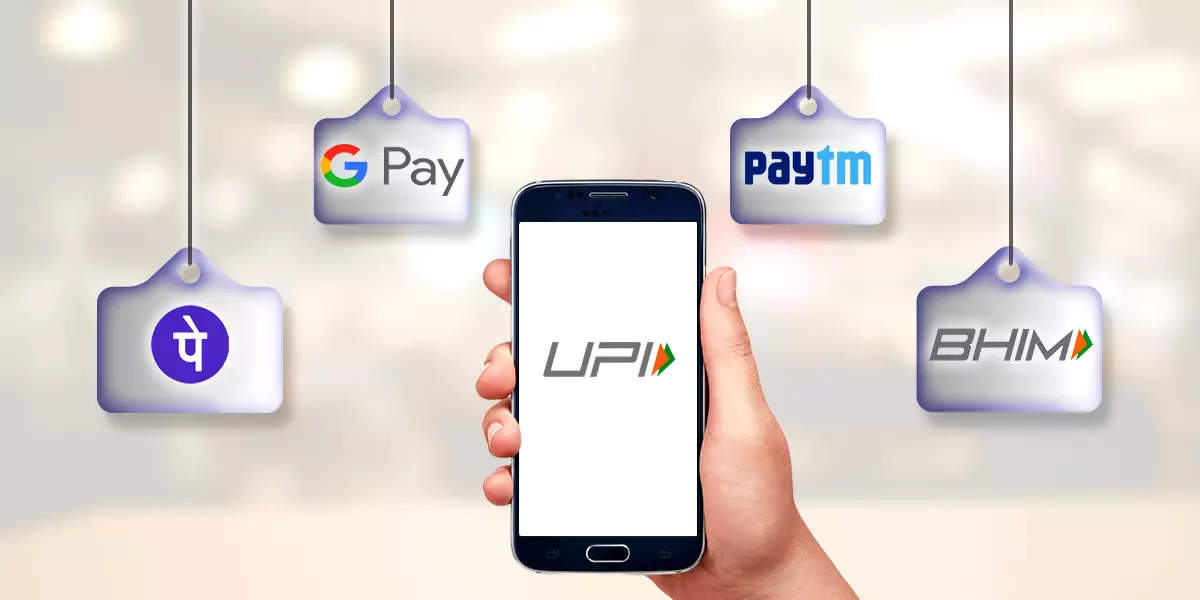
How UPI Is Changing The Way People Do Banking In India?
The Unified Payments Interface (UPI) is a form of payment method developed by the National Payments Corporation of India (NPCI) that allows for the quick and effortless transfer of funds between bank accounts. It has revolutionized the banking sector in India, making it easier and more convenient for individuals and businesses to make and receive payments. In this article, we’ll explore how UPI is changing India’s banking sector and how it affects how people do banking.
- Increased convenience: One of the significant benefits of UPI is that it allows for instant, real-time fund transfers between bank accounts. This means that users no longer have to visit a bank or use a debit or credit card to make payments. They need a smartphone and a UPI-enabled app, such as Google Pay or Paytm, to make payments directly from their bank account. This has made it much more convenient for people to make and receive payments, as they can do it anywhere at any time. And through a merchant account you can apply it to your business.
- Greater security: UPI uses a two-factor authentication process to ensure the safety of transactions. When a user initiates a payment, they need to enter their UPI PIN, a unique code they only know. This helps prevent unauthorized transactions and ensures that only the user can access their bank account.
- Low transaction fees: One of the main advantages of UPI is that it charges low transaction fees compared to other payment methods. This is especially beneficial for small businesses and individuals who cannot afford the higher prices charged by credit card companies.
- Easy to use: UPI is designed to be easy to use, even for those who need to be tech-savvy. All users need is a smartphone and a UPI-enabled app, which they can download from the app store. Setting up a UPI account is also relatively easy and can be done in just a few simple steps. That’s why the majority of online business app are using UPI.
- Increased financial inclusion: UPI has played a significant role in increasing financial inclusion in India. It has made it easier for people in rural areas, who may need access to traditional banking services, to participate in the formal financial system. By enabling them to make and receive payments directly from their bank accounts, UPI has helped to bridge the gap between urban and rural areas. App like Google pay, Paytm and vyapar helped them to build small businesses..
- Boost to e-commerce: UPI has also significantly impacted the e-commerce industry in India. It has made it easier for online merchants to accept customer payments and has enabled them to reach a broader customer base. This, in turn, has helped to boost the growth of the e-commerce industry in India.
- Competition among banks: The widespread adoption of UPI has also increased competition among banks in India. As more and more people are using UPI to make payments and apply for pre approved loans,banks are under pressure to offer better services and lower fees to attract and retain customers. This has led to a rise in the quality of banking services in India as banks strive to meet the changing needs of their customers.
In conclusion, UPI has had a transformative impact on the banking sector in India. It has made it more convenient, secure, and affordable for individuals and businesses to make and receive payments. It has also increased financial inclusion, people can take loans and use overdraft loans more easily.It also boosted the growth of the e-commerce industry in India. As UPI continues to gain popularity, it is likely to have an even more significant impact on the way people do banking in the country.


